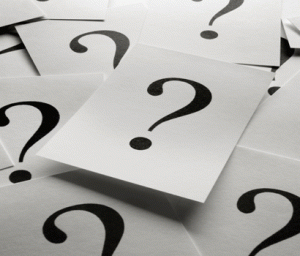 Want more expert SAT prep tips from a professional tutor and perfect-scorer? Join my SAT e-mail list and claim your free subscriber-only bonuses to help with test-time!
Want more expert SAT prep tips from a professional tutor and perfect-scorer? Join my SAT e-mail list and claim your free subscriber-only bonuses to help with test-time!
To guess or to skip on hard SAT questions?
Here’s a question I get a lot as a professional SAT tutor: “When should I guess on the SAT?”
To answer this fully, let’s back up to an overview of the SAT scoring system.
For each correct answer you give on the SAT, you get +1 points.
For each incorrect answer you give, you get -1/4 of a point.
For each question you skip, you gain or lose no points.
Why is there a guessing penalty on the SAT?
The reason the -1/4 penalty exists is to prevent wild guessing from improving your SAT score. (Note – this penalty is not applied in the SAT Math section that is non-multiple-choice, because you can’t “guess” if you have no answers to choose from)
Basically, on the really hard questions, they don’t want guessing to be favorable for you. This helps the SAT test achieve its purpose!
Since there are 5 answer choices for each SAT question, a total guess has a 1 in 5, or 20% chance, of being right.
Get Exclusive SAT Prep Tips!
I want to send you more tips to help your SAT score, but I need your email address to stay in touch. Enter your email below so I can send you my reports on the SAT and other subscriber-only bonuses.
Statistically, then, if you guess 5 times on 5 SAT questions, you would expect (on average) to get 1 correct and 4 wrong.
You gain +1 points, and then lose 4 times a quarter-point, which adds up to -1 point.
The total change? Nothing – because of the way the scoring system is set up, you’ve answered 5 questions and neither gained nor lost any points.
When should you guess on SAT questions?
What this means is you should NOT guess on the SAT if you can’t eliminate any obviously wrong answers. You’ll just be spinning your wheels.
However, if you can eliminate even ONE answer that’s obviously wrong, you are statistically ahead of the game now; you’re more likely to increase your SAT score than lower it.
If you can eliminate TWO or THREE answers, so much the better. In this case, you should definitely guess on the SAT.
Sometimes guessing is a judgement call:
The only time it’s not completely obvious whether you should guess on the SAT or not, is when you can only eliminate one of the five answers.
I know this seems to contradict what I just said about statistics, but hear me out: The SAT test authors are VERY good at writing “trick” answers that exploit high school modes and methods of thinking.
For example, the SAT authors know that the way most high school students “figure out” a vocab word they don’t already know is to compare it to other words that it sounds like.
Knowing this, the SAT often presents vocab words that a student may THINK they have figured out, but are really completely different in meaning than a word they might sound like.
That’s why it’s a judgement call as to when you should guess on the SAT if you can only confidently cross off one wrong answer. You have to be honest with yourself and decide if you should skip or guess.
The bottom line for guessing on the SAT:
- If you can eliminate two or more wrong answers, DEFINITELY take your best guess
- If you can only eliminate one wrong answer, make a judgement call about guessing or skipping
- If you can’t eliminate any answers, DON’T guess – just skip the question.
For more SAT strategy and coaching, check out the Griffin Video Course on Acing the SAT!
Further Reading:
How the SAT is Scored
Is the SAT Test Hard?
What is the SAT Test For?
Prepping the SAT at Home: The Complete Guide
Additional Resources:
Order my SAT Prep e-Books
Griffin SAT: A Complete Course on Acing the SAT (Video Course)
Did you learn something useful from this article? Be sure to join my free SAT prep email list and I’ll send you exclusive subscriber-only content and bonuses to help you prepare!
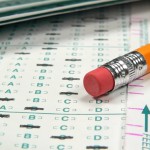
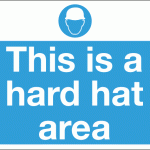
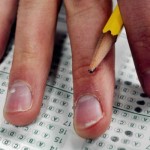

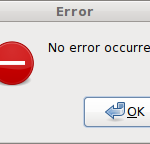


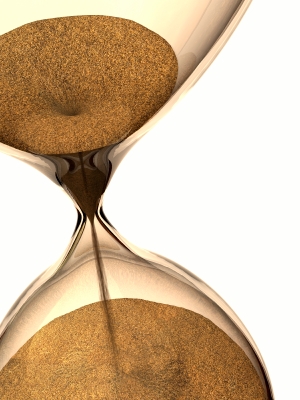
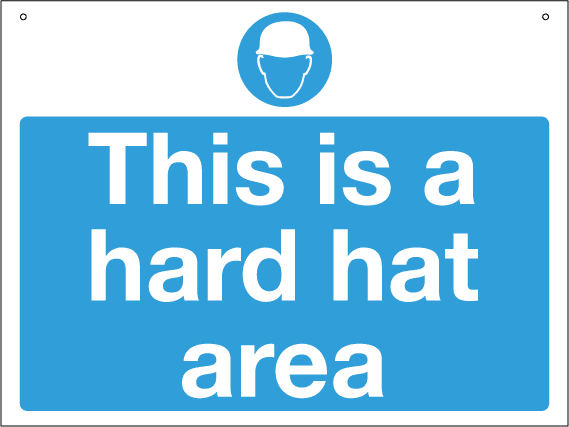









Find Me on Social Media